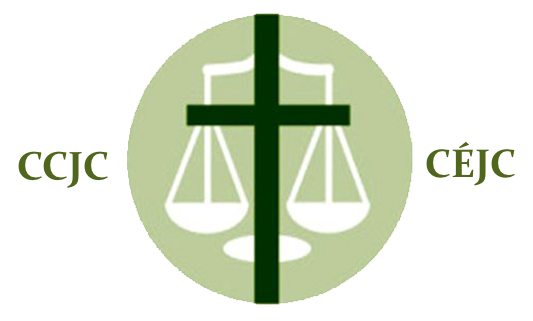October 20, 2011
Last month Justice Minister Rob Nicholson tabled Bill C-10: Safe Streets and Communities Act, a 110-page bill which is comprised of nine pieces of justice and public safety legislation that did not pass before last spring’s federal election.
Bill C10 will ensure that more Canadians are sent to prison for longer periods, a strategy that has been repeatedly proven to neither reduce crime nor assist victims. CCJC has long advocated that investing in crime prevention, rehabilitation and victim support is the most effective way to increase public safety and build stronger, healthier communities. We fear that this Bill is a giant step in the wrong direction.
Critics and Opposition MPs are also decrying the lack of evidence behind this legislation. For example, research repeatedly shows that increasing mandatory minimum penalties, such as is being proposed for drug and sex-related crimes, is not effective in lowering crime rates or reducing recidivism. Many other countries, such as Australia, and the United States, are removing mandatory minimum penalties because they have found that they don’t reduce crime and overload the correction system.
Research also shows that measures such as conditional sentencing are effective in reducing admissions to jails while having no negative impacts on crime rates. Yet conditional sentences are being curtailed in this legislation. Additionally, this Bill will make certain people ineligible for a record suspension (formerly known as a pardon) – which we know will significantly hamper their ability to lead productive, crime-free lives.
With regards to the economics of this legislation, already we know that expenditures on federal corrections in Canada increased by 39.5% from 2004 to 2009 while expenditures for provincial and territorial corrections increased by 28.8% during the same period. Since the Safe Streets and Communities Actwill result in a significant increase in prison population, the costs borne by provincial and federal governments will continue to increase at an even greater rate.
The Canadian Association of Elizabeth Fry Societies and the John Howard Society of Canada have proposed that an amendment be added to the bill stating that it cannot be enacted until all the provinces and territories have signed off on the costs that they will have to face in housing the increased number of prisoners this bill will create.
We supported the Elizabeth Fry society proposals with some amendments in a separate letter to the minister dated August 27th, 2011. The CCJC has echoed concerns about the increased economic costs which will be borne by all Canadians. But we are even more concerned about the human costs. We know that people already marginalized in our society – indigenous peoples, women and poor people – will pay the brunt of this legislation.
The CCJC urges everyone to actively and vocally express their concerns about Bill C10. Let us not by our silence condone the suffering of others.
Below are links to postcards which you can print and mail to Members of Parliament. Let your MP know that this issue does matter to you. You can also express your views in letters to your local newspapers, on call-in shows and in conversations with friends and family. And please share your views with us. We want to hear your concerns and experiences.
Links to Postcards which you can print and mail:
Vacuum Postcard Front
Postcard Back
For more information:
Read the letter sent by CCJC to the Standing Committee on Finance which endorsed the recommendations recently made by the Canadian Association of Elizabeth Fry Societies (CAEFS).
Read a statement on Bill C-10 prepared by Wilma Derksen, MCC Canada Victims’ Voice Program founder and past coordinator
Read the Press Advisory from CAEFS and the John Howard Society Canada.
Read a booklet written by Lorraine Berzins and Michael Maher: Open the Doors to Smarter Justice
Lead Now is also running a campaign to try to bring together different groups of Canadians opposed to the bill.

